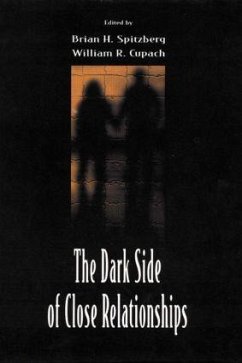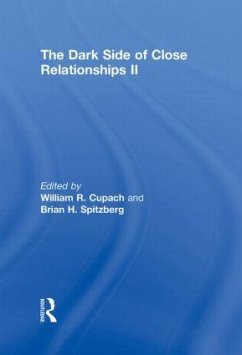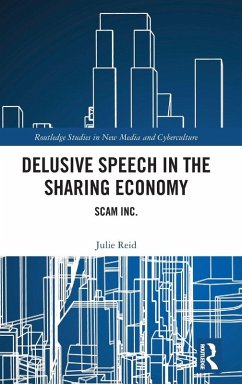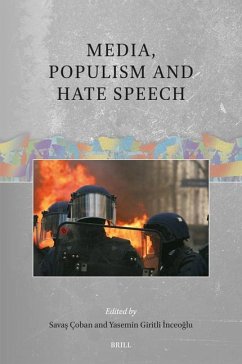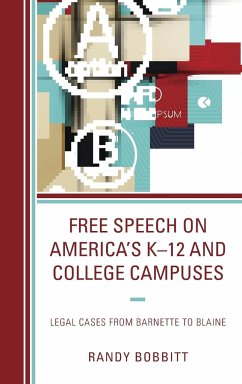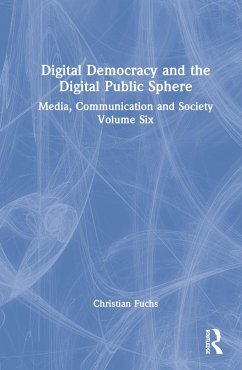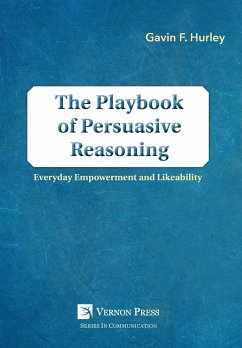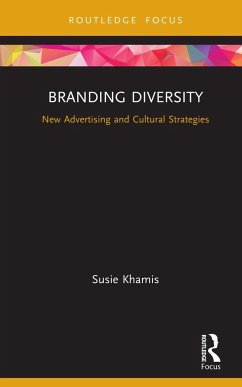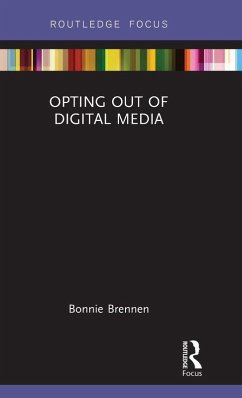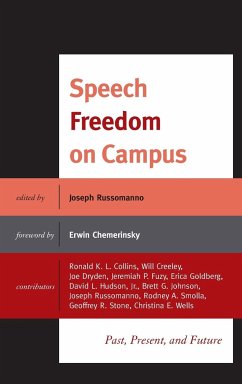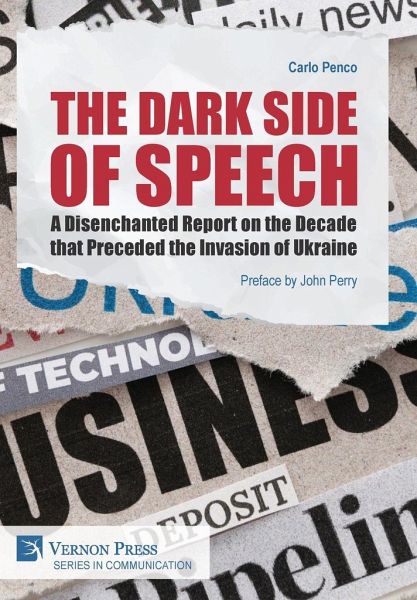
The Dark Side of Speech
Versandkostenfrei!
Versandfertig in über 4 Wochen
82,99 €
inkl. MwSt.
Weitere Ausgaben:

PAYBACK Punkte
41 °P sammeln!
What is disinformation, and why does it matter? How can we understand and detect different kinds of disinformation? With an analysis of relevant events of the period 2012-2022, the book attempts to answer these questions. The book is organized into four parts. (1) The first part presents the notions of post-truth and fake news using some of the most recent critical studies, analyzing some typical examples and the environment in which some of them originated. (2) The second part introduces the notion of conspiracy theory and describes the emergence of the idea of white supremacy and its ramific...
What is disinformation, and why does it matter? How can we understand and detect different kinds of disinformation? With an analysis of relevant events of the period 2012-2022, the book attempts to answer these questions. The book is organized into four parts. (1) The first part presents the notions of post-truth and fake news using some of the most recent critical studies, analyzing some typical examples and the environment in which some of them originated. (2) The second part introduces the notion of conspiracy theory and describes the emergence of the idea of white supremacy and its ramifications, together with the narratives developed during the COVID restrictions. (3) The third part describes the emergence of the algorithms behind social networks and their role in propaganda, making examples of US and European elections and the Brexit referendum. An analysis of 'Cambridge Analytica' shows the tip of an iceberg of disinformation that is spreading around the world. Some remarks by comedians and philosophers help to give a new view on the concept of freedom of speech, with particular attention to the more and more difficult freedom of the press. (4) The fourth part gives some "emergency tools" for detecting disinformation at an individual level, understanding the most hidden mechanisms of disinformation, and the biases that almost unavoidably enter our minds. These tools come from the results both of traditional theories and the most recent social philosophy of language, not despising references to statistics. This is a fundamental book for having a general survey of this period of political turmoil, consulting a wide list of references and official documents, and having a grasp of the means of intellectual self-defense. This book is non-standard: it relies on the most sophisticated theories of language and yet it gives everything in simple and colloquial language. Differently from sophisticated analyses of linguistic phenomena, it gives the feeling of participating in a tour around what happened in the last decade, with a disenchanted eye that uses some results of the critical literature, without compelling one to become a theoretician in the field of philosophy or critical analysis. The hidden focus of the book is freedom of speech and freedom of thought, and what they mean today in an era of more sophisticated and widespread disinformation permitted by the algorithms governing social networks...



